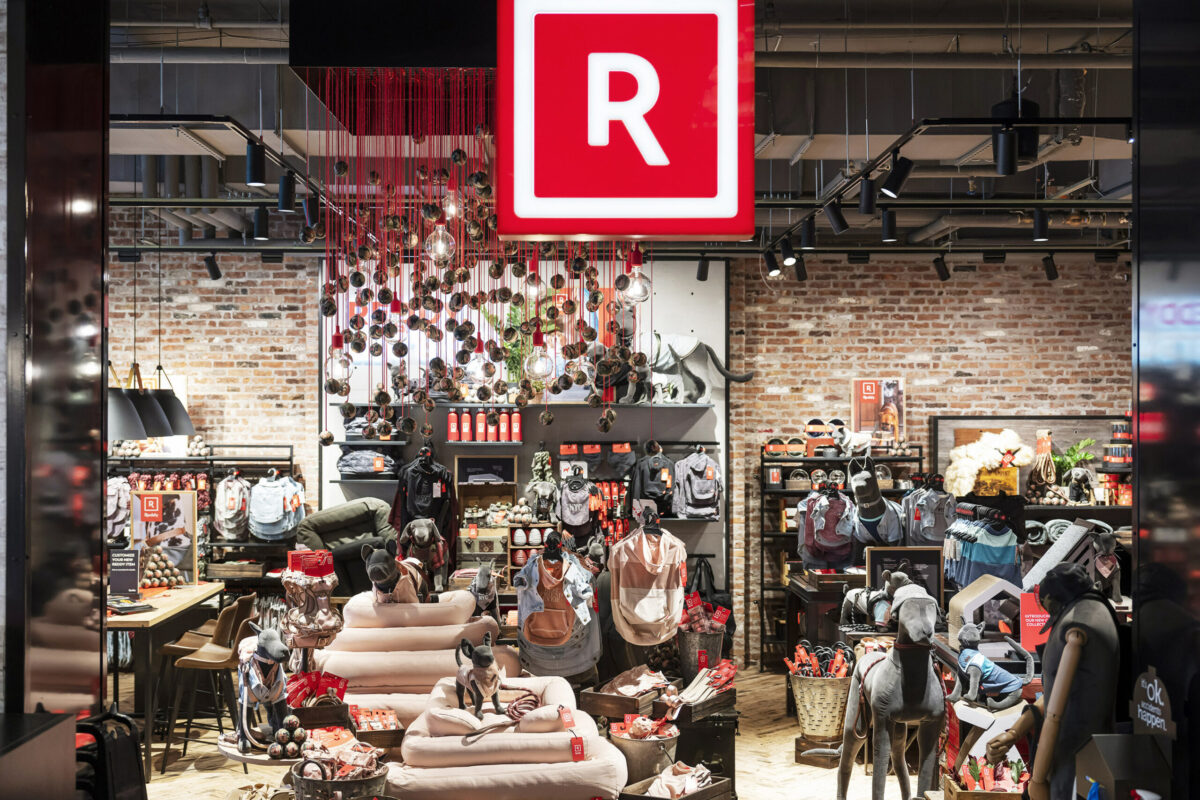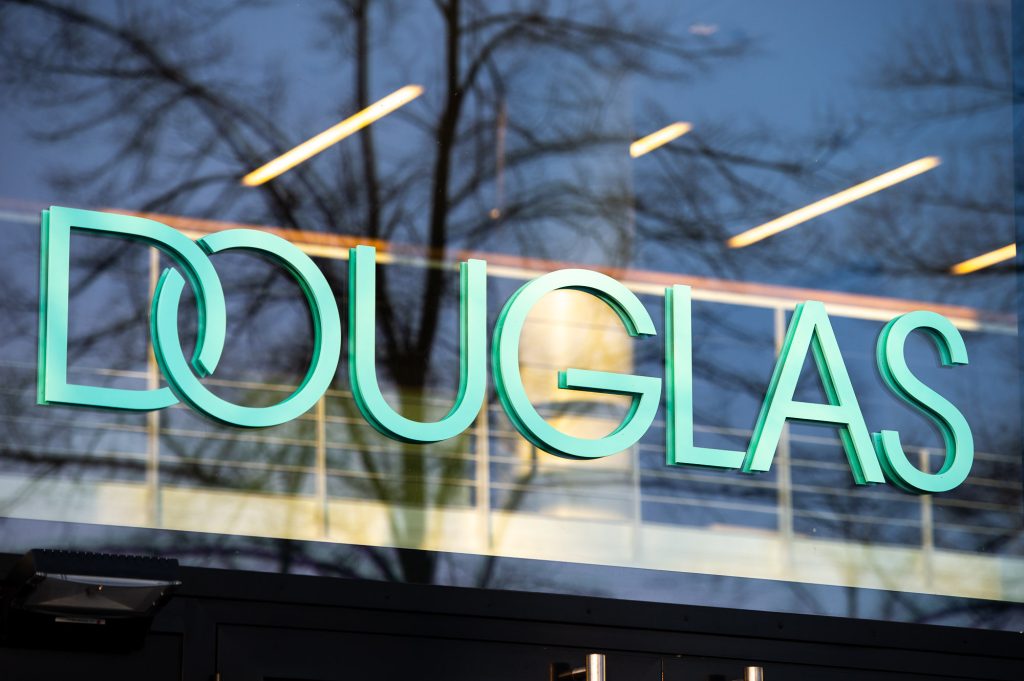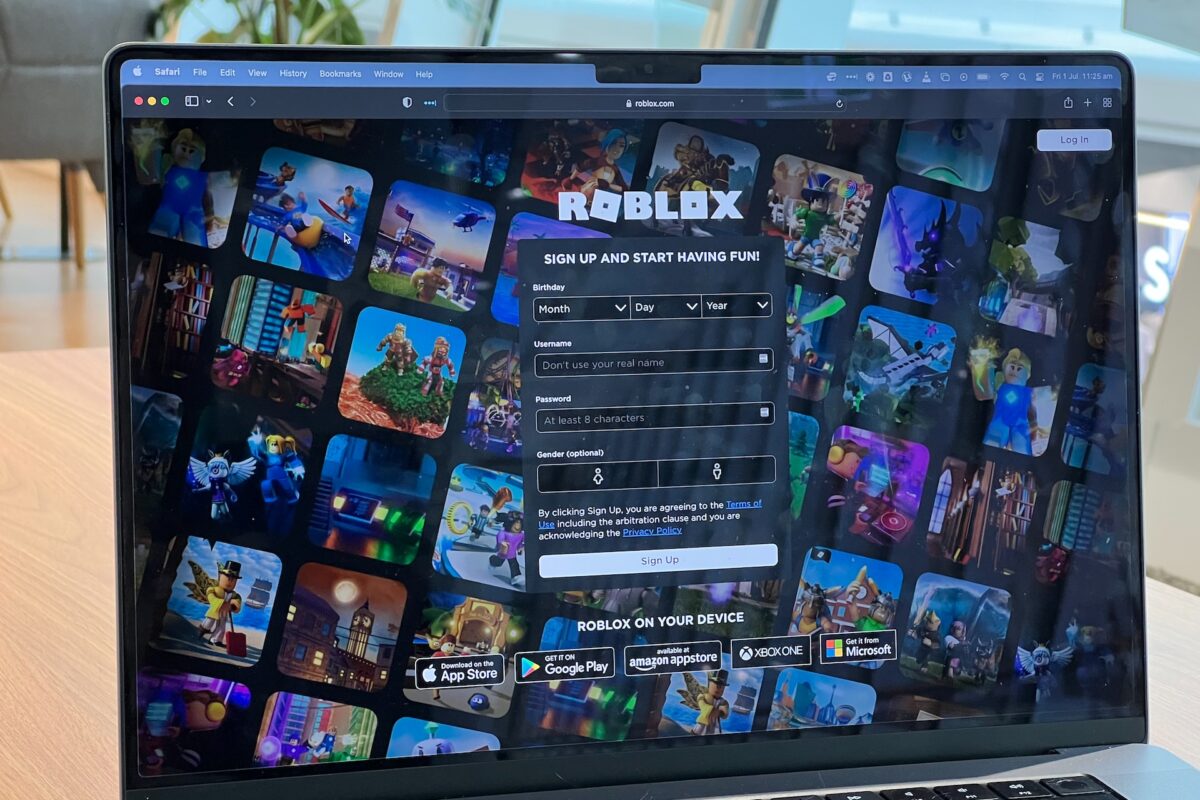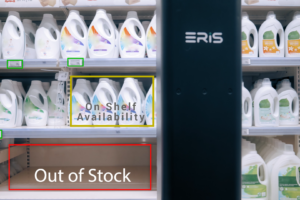Reputation.com released its 2019 Retail Reputation Report. An in-depth analysis of online reputation for 100 leading retailers, the Report reveals which retailers are leading and which are lagging in terms of online reputation and key service metrics as expressed in the unfiltered — and public — voice of the customer in reviews on Google, Facebook and other review sites across the web.
A key finding is that of our major retailers, those who manage their online reputations achieve higher sales volume than those who don’t. The ten retailers who improved their Reputation Scores the most realized a 2.25% average increase in sales growth year-over-year, whereas retailers who saw little or no improvement to their scores had minimal increases in sales volume (less than 1% on average). This amounts to 3X higher sales growth for the top 10 performers.
“We are living in a Feedback Economy, where the health of your reputation as defined by consumers determines the success of your business,” said Joe Fuca, CEO, Reputation.com. “The retail industry is one of the most competitive and volatile industries there is — one in which the impact of CX cannot be ignored. Consumers have many choices, and brick-and-mortar retailers are at high risk for going out of business if they don’t deliver on expectations for a frictionless and satisfying shopping experience.”
The overall reputation score for the retail industry is 500, significantly lower than last year’s average score of 535 and falling behind several of the other industries reputation.com studies, including automotive, hospitality, dining and real estate. however, top retailers from last year remain strong. Trader Joes and LEGO Store ranked #1 and #2 in Reputation.com’s study for the second consecutive year.
In terms of market segments, specialty stores, department stores and discounters came out ahead, with department stores showing an average reputation score of 534. Discounters led the charge for customer engagement, with a 9.2% response rate to negative feedback.
Most retailers included in the study are not responding to negative reviews — a significant factor in determining overall Reputation Scores.
“By not responding to reviews, retailers miss opportunities to learn from feedback, and demonstrate their willingness to atone for bad service and take action to correct it,” said Fuca. “Failing to respond to customer feedback can negatively impact customer sentiment and brand perception, and in the long term, impact sales.”
Source: Reputation.com




















